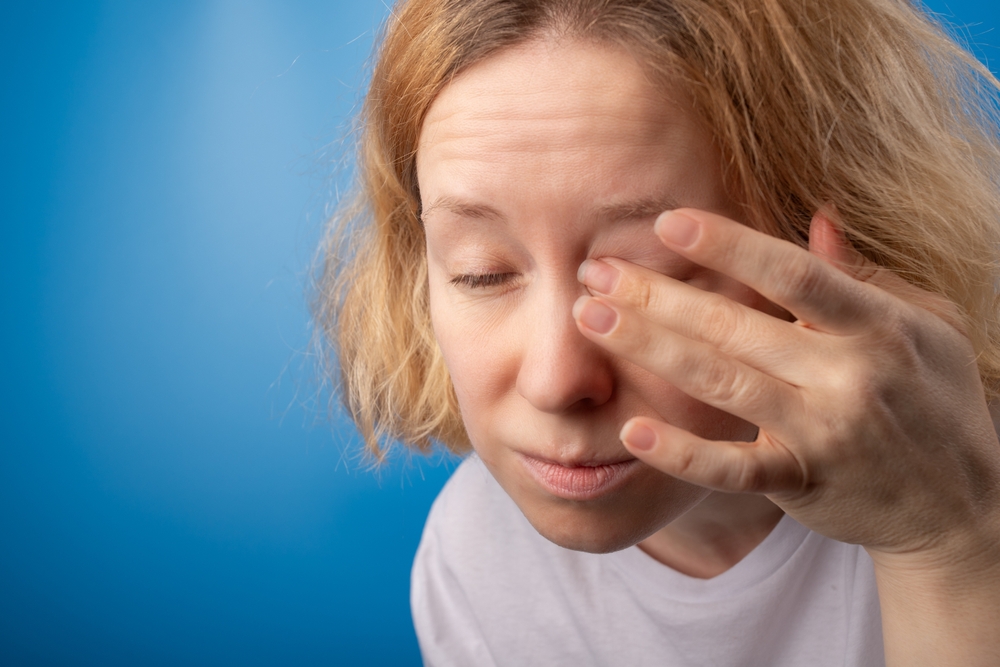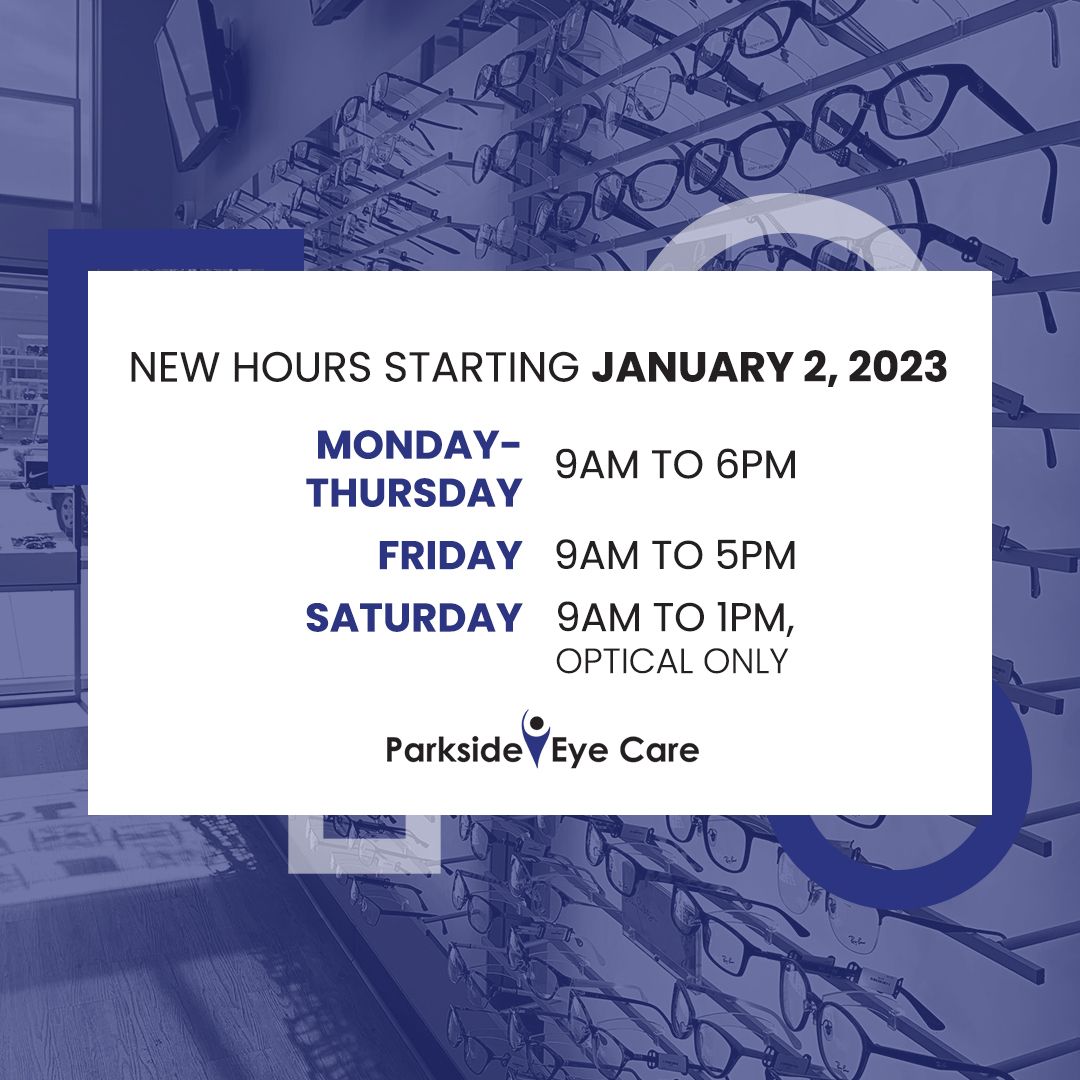
As the weather shifts and pollen counts rise, many people brace themselves for the sneezing and congestion that come with seasonal allergies. While you might expect your nose to be affected, your eyes can also suffer. This often shows up as dryness, irritation, or a gritty feeling that is hard to ignore. Dry eyes triggered by allergies are a common complaint, but understanding how these conditions are connected and knowing when to seek professional help can make a big difference in your daily comfort and eye health.
How Seasonal Allergies Affect the Eyes
Seasonal allergies, also known as hay fever or allergic rhinitis, occur when your immune system reacts to pollen, grass, mold, or other airborne allergens. When these allergens come into contact with your eyes, they can trigger inflammation, causing redness, itchiness, watering, and a gritty sensation.
But allergies can also contribute to dry eye disease. Allergic reactions can disrupt the normal tear film, leading to increased evaporation or reduced tear production. As a result, your eyes may feel dry, irritated, or even sensitive to light.
Common Symptoms of Allergy-Related Dry Eyes
• Itchy, burning, or stinging eyes
• Redness and irritation
• Sensation of grittiness or a foreign body
• Excessive tearing
• Blurred vision
• Increased discomfort with contact lens wear
Tips for Managing Dry Eyes During Allergy Season
If you experience mild symptoms, there are a few steps you can take to find relief:
• Limit Allergen Exposure: Stay indoors when pollen counts are high, keep windows closed, and use air purifiers.
• Use Artificial Tears: Preservative-free lubricating drops can help soothe and hydrate your eyes.
• Apply Cold Compresses: These can reduce inflammation and provide temporary relief from itching.
• Avoid Rubbing Your Eyes: This can worsen irritation and introduce more allergens.
When to Seek Professional Help
While mild dry eye symptoms can often be managed at home, there are times when it is important to see an optometrist. You should schedule a professional evaluation if your symptoms persist or worsen despite home care, if you experience significant redness, pain, or changes in your vision, or if over-the-counter eye drops are not effective. Difficulty wearing contact lenses can also be a sign that it is time to seek expert advice.
Our eye doctor can determine the underlying cause of your discomfort and recommend personalized treatment options that address your specific needs. For those with moderate to severe dry eye, especially when it is caused by underlying meibomian gland dysfunction (MGD), advanced in-office treatments can provide lasting relief.
Get Expert Help for Dry Eyes and Allergies
Seasonal allergies can significantly impact your eye comfort and quality of life. If you’re struggling with dry, irritated eyes that aren’t improving with home remedies, it may be time to seek professional care. Advanced treatments like IPL and iLux can offer effective relief and help protect your long-term eye health.
If you’re experiencing persistent dry eye or allergy symptoms, schedule a consultation with Parkside Eye Care to find the right solution for your needs. Visit our office in Cary, North Carolina, or call (919) 883-9987 to book an appointment.














